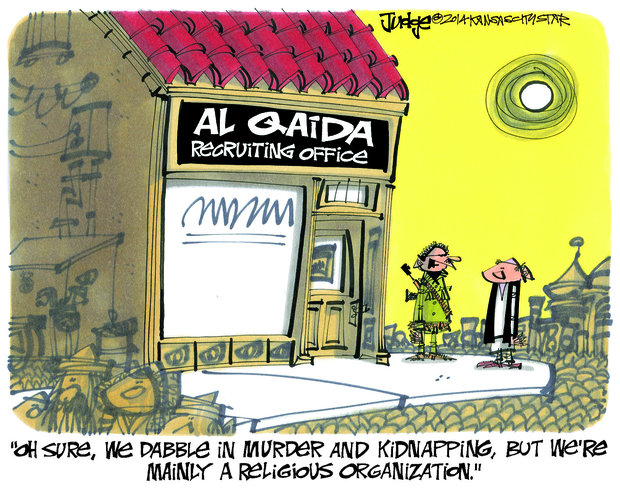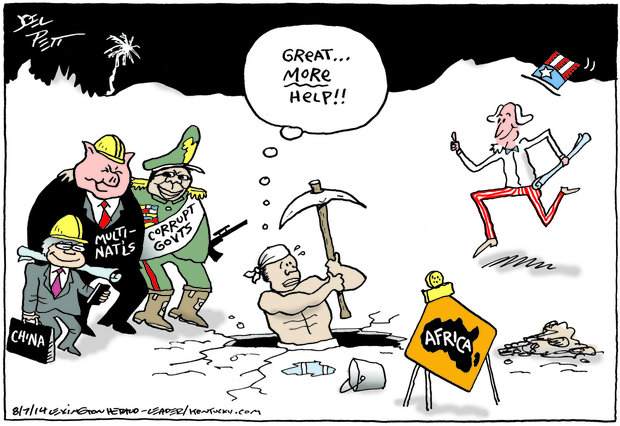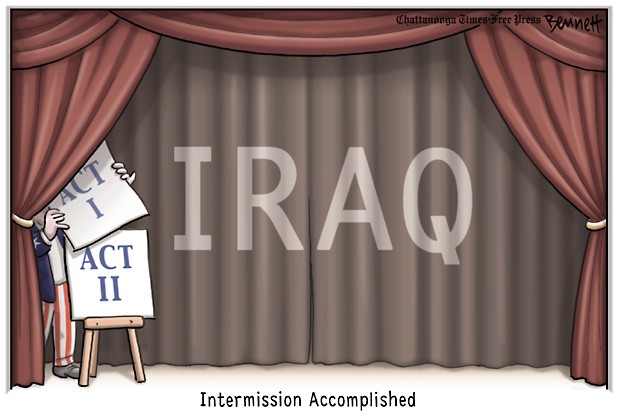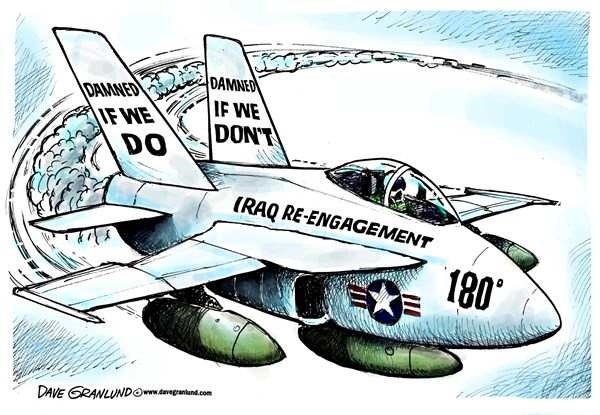What’s Wrong Today:
Sometimes, good intentions get lost. Organizational rules and government laws are established with good intentions, and later, get watered down. We call this the “except me” option. The rules apply to everyone, except me, my company, my church, my political party.
Today let’s look at three examples of organizations saying the rules do not apply to them. The premise of Federal and state Freedom of Information Act laws is that government records should be open to the public, and their information subject to public review.
First, the Red Cross: Barry Ritholtz at Bloomberg warns us that the Red Cross doesn’t want you to know how they spend their money. The Red Cross is using a “trade secrets” exception as a pretext for hiding much of their activities. The story began with an article by Pro Publica about donations to the Red Cross for Superstorm Sandy, and what happened to the money:
Following Superstorm Sandy, donors gave $312 million to the American Red Cross. How did the aid organization spend that money? A year and a half after the storm, it’s surprisingly difficult to get a detailed answer
Pro Publica tried to get answers by filing a request with the State of New York for the information. They were rebuffed:
Just how badly [did] the American Red Cross want to keep secret how it raised and spent over $300 million after Hurricane Sandy? The charity…hired a fancy law firm (Gibson Dunn) to fight a public request we filed with New York State, arguing that information about its Sandy activities is a ‘trade secret’
That’s right, when asked where the money went, the Red Cross lawyered up. Isn’t it hard to believe that how a charity spends its money could be a trade secret? Yet, the Red Cross’ “trade secret” argument persuaded NY State to withhold the information. From Yves Smith: (brackets and emphasis by the Wrongologist)
The…New York State Attorney General [is] helping the Red Cross shroud its activities. Admittedly, Schneiderman has taken up an investigation of the Red Cross. However, when ProPublica tried to obtain a copy of the information that the charity sent to the Attorney General, the Red Cross’ law firm, Gibson Dunn, insisted that much of the material provided was a trade secret and thus not subject to disclosure under New York’s version of FOIA, the Freedom of Information Law, or FOIL
ProPublica published Schneiderman’s response. It shows how absurd some of Gibson Dunn’s arguments were. For instance, the charity wanted the second line of a two line title redacted. The first line was “American Red Cross.” What could the second line possibly be that Gibson Dunn would contend that it deserved secret status? The name of a legal entity? Why does the Red Cross need trade secrets? They are supposedly, not for profit. Why would they need “business strategies” when they are not a business?
Next, as police departments across the US militarize, a former good idea is now being used for a bad reason. The good part was the formation of Law Enforcement Councils (LECs), made up of various municipal police departments in a state or region. When these LECs were set up, the idea was to exchange information about policing techniques and to provide back-up when incidents on the ground exceeded a given town’s resources.
The bad part: The WaPo reports on how police departments use their LECs, often incorporated as 501 (c) (3) organizations, to avoid providing information on its SWAT team activities. These LECs exist throughout the US. As part of the ACLU’s recent report on police militarization, the Massachusetts chapter of the ACLU sent open records requests to SWAT teams across Massachusetts. It was told that the SWAT teams were part of a private company that was not subject to the Massachusetts public records law. From the WaPo: (emphasis by the Wrongologist)
According to the ACLU, the LECs are claiming that their 501(c) (3) status means that they’re private corporations, not government agencies. And therefore, they say they’re immune from open records requests
These agencies oversee police activities. They employ cops who carry guns, wear badges, collect paychecks provided by taxpayers and have the power to detain, arrest, injure and kill. They operate SWAT teams. But in Massachusetts, they say that because they’re incorporated, they’re immune to Massachusetts open records laws. 240 of the 351 police departments in Massachusetts belong to an LEC. While LECs are legally “corporations,” they are funded by local and federal taxpayer money, and are composed exclusively of public police officers. Jessie Rossman, an attorney for the Massachusetts ACLU:
You can’t have it both ways…The same government authority that allows them to carry weapons, make arrests, and break down the doors of Massachusetts residents during dangerous raids also makes them a government agency that is subject to the open records law
Massachusetts residents aren’t permitted to know how often the SWAT teams are used, what they’re used for, what sort of training they get or who they’re primarily used against. Sound OK to you?
It is like a circular firing squad – as more and more Americans arm themselves with automatic weapons, the police see this as a reason why they need more and better military-grade weapons. And more secrecy.
Finally, our Congress at work: The National Journal reports that Congress decided to stop reporting Members’ trips that are paid for by private parties:
It’s going to be a little more difficult to ferret out which members of Congress are lavished with all-expenses-paid trips around the world after the House has quietly stripped away the requirement that such privately sponsored travel be included on lawmakers’ annual financial-disclosure forms
The move, made behind closed doors and without a public announcement by the House Ethics Committee, reverses more than three decades of precedent. Gifts of free travel to lawmakers have appeared on a Member’s yearly financial form dating back to the late 1970s, after the Watergate scandal. National Journal uncovered the deleted disclosure requirement when analyzing the most recent batch of yearly filings. They quote Melanie Sloan, executive director of Citizens for Responsibility and Ethics in Washington:
This is such an obvious effort to avoid accountability…There’s no legitimate reason for it
Free trips paid for by private groups must still be reported separately to the House’s Office of the Clerk and disclosed there. But they will now be absent from the chief document that reporters, watchdogs, and members of the public have used for decades to scrutinize lawmakers’ finances. Last year, members of Congress and their aides took more free trips than in any year since the influence-peddling scandal that sent lobbyist Jack Abramoff to prison. There were nearly 1,900 trips at a cost of more than $6 million last year, according to Legistorm, which compiles travel records.
Now, none of those trips must be included on the annual disclosures of lawmakers or their aides.
There you have it: 3 examples of smart people, all ‘sponsored’ in whole or in part by we the people, who believe that the rules shouldn’t apply to them. These organizations are reducing transparency at a time when trust in public entities is at or near all-time lows, despite rules or laws on the books that argue against the very loopholes they say they need.
What about you and me is so scary to the Red Cross, the Massachusetts police, and Congress?










